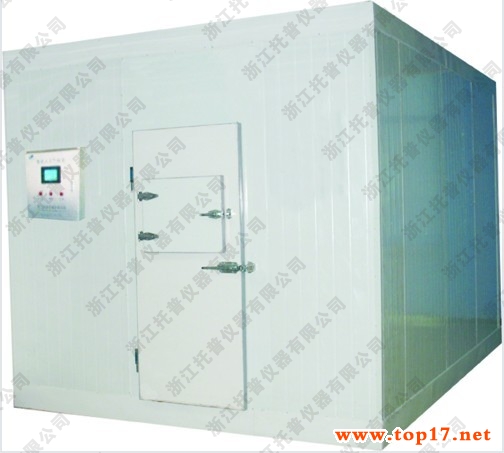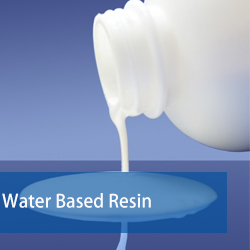The growth of plants is greatly affected by the natural climate of the outside world, such as temperature, humidity, and illuminance. Therefore, to ensure the safety of crop growth and to improve the level of refinement of modern agricultural production management, it is necessary to clarify the most suitable crops for different crops. Climate parameters. The ever-changing, interacting natural environment makes it almost impossible to analyze the effects of different climatic factors on plant behavior. Therefore, intelligent monitoring and control system equipment such as artificial climate chambers is needed to create an artificially controllable climate environment suitable for the growth and breeding of living organisms (including animals and plants), providing necessary support for agricultural research and the like.

The artificial climate chamber is a complete set of equipment for controlling the environment to study the effects of the environment on the growth, development and reproduction of plants. Different climate factors such as temperature, humidity and illuminance can be set according to the experimental needs. The experiment provides an ideal artificial climate experimental environment. The use of artificial climate chambers can form different environments according to needs, and study the effects of climatic factor combinations on plant growth. It plays an important role in various scientific researches and is widely used in research, production and education.
The artificial climate chamber belongs to a large-scale environmental test equipment, which has the characteristics of good sealing, high precision, high control precision and good stability. In addition, with the development of science and technology, the degree of intelligence of artificial climate chambers is also constantly improving. The intelligent artificial climate chamber is more convenient in management, the data acquisition is simpler, the data viewing is more intuitive, and it provides for subsequent analysis and research. convenient.
The greatest application of artificial climate chambers is that it enables artificial regulation of unpredictable climatic factors, creating environmental conditions for studying the growth, development, physiology, and biochemical processes of different species. Now, scientific experiments can be carried out without taking into account factors such as geography and climate, but they can be started anytime and anywhere, making agricultural research work more precise and progress is further accelerated.
Water-based resin refers to a type of adhesive or sealant that is made from a combination of water and a polymer base. These resins are commonly used in various industries due to their eco-friendliness, ease of application, and cost-effectiveness.
Here are some key points about water-based resins:
1. Environmental Benefits: Water-based resins have lower volatile organic compound (VOC) emissions compared to solvent-based resins, making them more environmentally friendly. This makes them a popular choice for applications where reducing the environmental impact is a priority.
2. Versatility: They can be used in a wide range of applications including woodworking, furniture making, construction, automotive, and even in the production of composite materials. They can also be formulated to provide different properties such as flexibility, strength, or resistance to heat, chemicals, and UV light.
3. Ease of Use: Water-based resins are generally easier to apply than solvent-based ones because they do not require special equipment or protective clothing. They can often be cleaned up with water rather than harsh solvents.
4. Curing Process: These resins cure through a process called cross-linking, which involves chemical reactions between the components to form a solid material. The curing time can vary depending on factors like temperature, humidity, and the specific formulation of the resin.
5. Disadvantages: While water-based resins offer many benefits, they may not provide the same level of durability and resistance as solvent-based resins. They might also have slower drying times and may not perform well under extreme temperatures or in high-moisture environments.
6. Types: There are various types of water-based resins including acrylic, polyurethane, epoxy, and alkyd resins, each with its own set of properties and uses.
7. Safety: They are typically less hazardous than solvent-based resins, but users should still follow proper safety guidelines when handling them, especially during the mixing and application phases.
8. Application: Water-based resins can be applied using a variety of methods including spraying, brushing, or rolling, depending on the specific application and the desired finish.
When choosing a water-based resin, it's important to consider the specific requirements of your project, including the intended use, environmental considerations, and any necessary performance characteristics.

Silicon Resins, Resin Material, 9003-01-4 Water Based Resin, Coating With Resin,Water Based Epoxy
Guangzhou Quanxu Technology Co Ltd , https://www.anticorrosionpigment.com